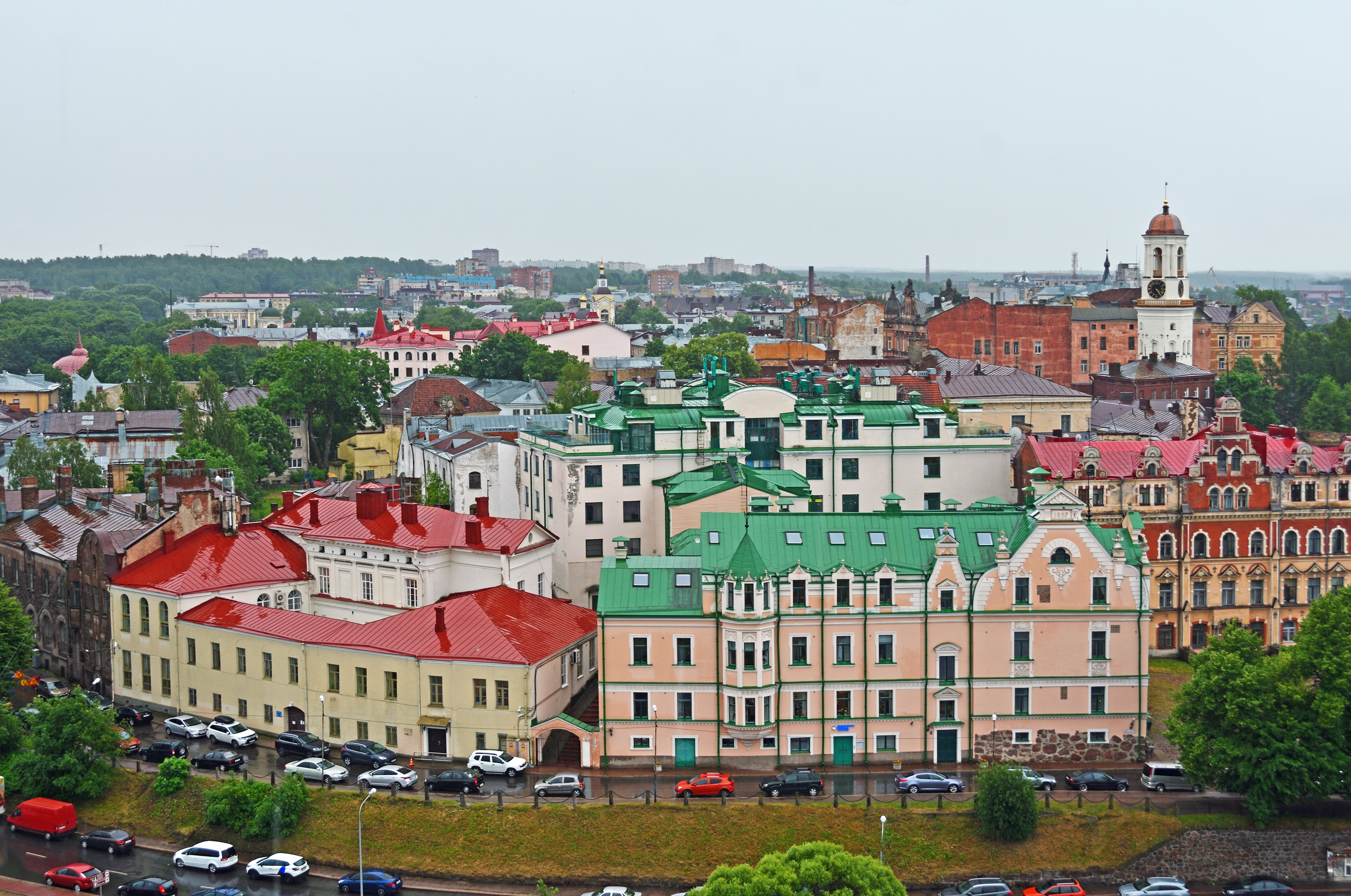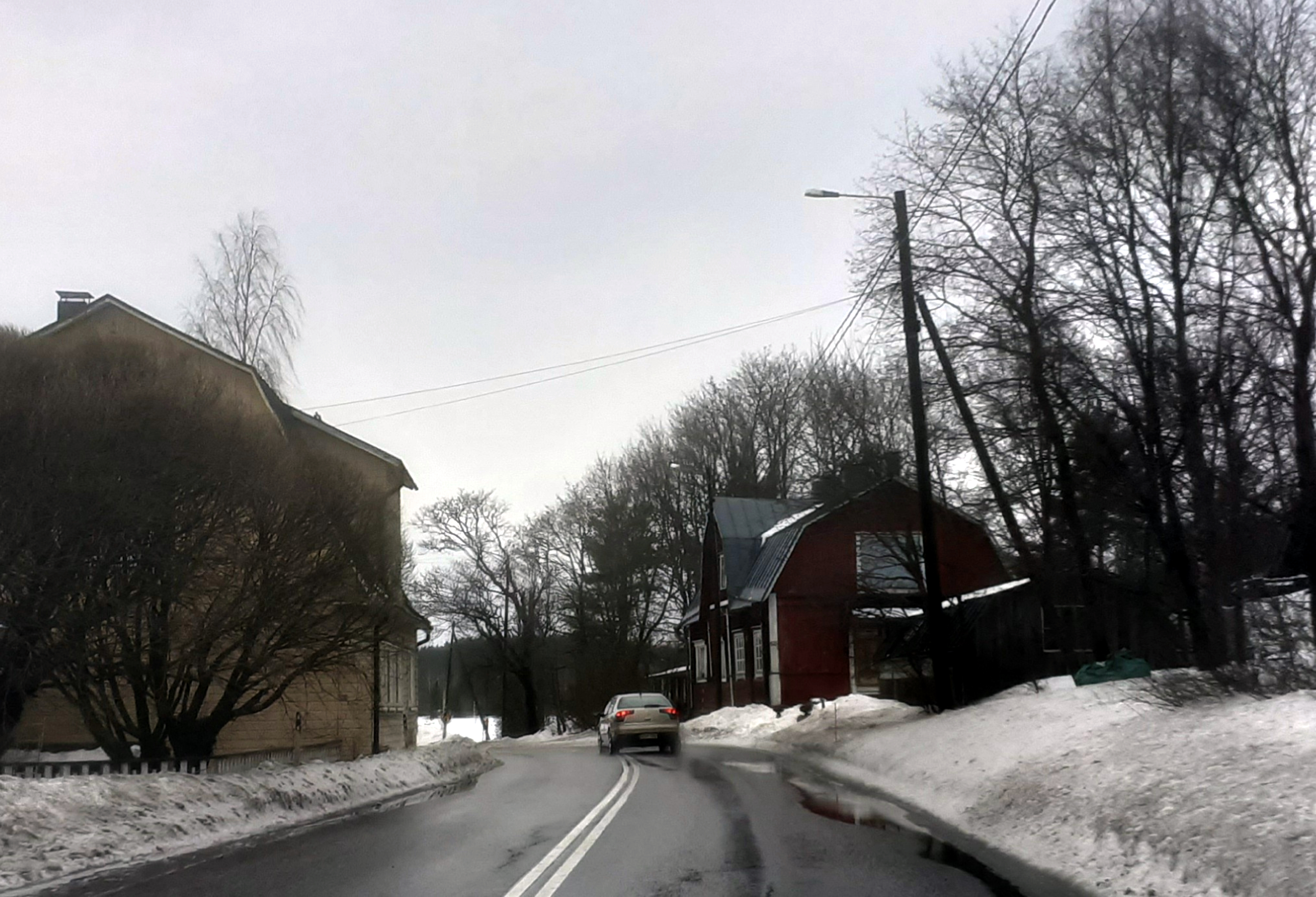|
Uinskoye
Uinskoye (russian: Уинское) is a rural locality (a '' selo'') and the administrative center of Uinsky District in Perm Krai, Russia Russia (, , ), or the Russian Federation, is a List of transcontinental countries, transcontinental country spanning Eastern Europe and North Asia, Northern Asia. It is the List of countries and dependencies by area, largest country in the .... Population: References Rural localities in Perm Krai Osinsky Uyezd {{PermKrai-geo-stub ... [...More Info...] [...Related Items...] OR: [Wikipedia] [Google] [Baidu] |
Uinsky District
Uinsky District (russian: Уинский райо́н) is an administrative district (raion) of Perm Krai, Russia; one of the thirty-three in the krai.Law #416-67 Municipally, it is incorporated as Uinsky Municipal District.Law #1870-403 It is located in the south of the krai. The area of the district is .Encyclopedia of Perm KraiEntry on Uinsky District Its administrative center is the rural locality (a '' selo'') of Uinskoye. Population: The population of Uinskoye accounts for 37.6% of the district's total population. Geography Main rivers of the district are the Iren and its tributaries the Syp, the Aspa, and the Teles. History The district was established on September 15, 1926. It was abolished between June 10, 1931 and January 25, 1935 and then again between February 1, 1963 and December 30, 1966. Demographics Ethnic composition: *Russians: 63.9% *Tatars The Tatars () [...More Info...] [...Related Items...] OR: [Wikipedia] [Google] [Baidu] |
Perm Krai
Perm Krai (russian: Пе́рмский край, r=Permsky kray, p=ˈpʲɛrmskʲɪj ˈkraj, ''Permsky krai'', , ''Perem lador'') is a federal subject of Russia (a krai) that came into existence on December 1, 2005 as a result of the 2004 referendum on the merger of Perm Oblast and Komi-Permyak Autonomous Okrug. The city of Perm is the administrative center. The population of the krai was 2,635,276 according to the ( 2010 Census). Komi-Permyak Okrug retained its autonomous status within Perm Krai during the transitional period of 2006–2008. It also retained a budget separate from that of the krai, keeping all federal transfers. Starting in 2009, Komi-Permyak Okrug's budget became subject to the budgeting law of Perm Krai. The transitional period was implemented in part because Komi-Permyak Okrug relies heavily on federal subsidies, and an abrupt cut would have been detrimental to its economy. Geography Perm Krai is located in the east of the East European Plain and the weste ... [...More Info...] [...Related Items...] OR: [Wikipedia] [Google] [Baidu] |
Village
A village is a clustered human settlement or community, larger than a hamlet but smaller than a town (although the word is often used to describe both hamlets and smaller towns), with a population typically ranging from a few hundred to a few thousand. Though villages are often located in rural areas, the term urban village is also applied to certain urban neighborhoods. Villages are normally permanent, with fixed dwellings; however, transient villages can occur. Further, the dwellings of a village are fairly close to one another, not scattered broadly over the landscape, as a dispersed settlement. In the past, villages were a usual form of community for societies that practice subsistence agriculture, and also for some non-agricultural societies. In Great Britain, a hamlet earned the right to be called a village when it built a church. [...More Info...] [...Related Items...] OR: [Wikipedia] [Google] [Baidu] |
Types Of Inhabited Localities In Russia
The classification system of inhabited localities in Russia and some other post-Soviet states has certain peculiarities compared with those in other countries. Classes During the Soviet time, each of the republics of the Soviet Union, including the Russian SFSR, had its own legislative documents dealing with classification of inhabited localities. After the dissolution of the Soviet Union, the task of developing and maintaining such classification in Russia was delegated to the federal subjects.Articles 71 and 72 of the Constitution of Russia do not name issues of the administrative and territorial structure among the tasks handled on the federal level or jointly with the governments of the federal subjects. As such, all federal subjects pass their own laws establishing the system of the administrative-territorial divisions on their territories. While currently there are certain peculiarities to classifications used in many federal subjects, they are all still largely ba ... [...More Info...] [...Related Items...] OR: [Wikipedia] [Google] [Baidu] |
Village
A village is a clustered human settlement or community, larger than a hamlet but smaller than a town (although the word is often used to describe both hamlets and smaller towns), with a population typically ranging from a few hundred to a few thousand. Though villages are often located in rural areas, the term urban village is also applied to certain urban neighborhoods. Villages are normally permanent, with fixed dwellings; however, transient villages can occur. Further, the dwellings of a village are fairly close to one another, not scattered broadly over the landscape, as a dispersed settlement. In the past, villages were a usual form of community for societies that practice subsistence agriculture, and also for some non-agricultural societies. In Great Britain, a hamlet earned the right to be called a village when it built a church. [...More Info...] [...Related Items...] OR: [Wikipedia] [Google] [Baidu] |
Administrative Center
An administrative center is a seat of regional administration or local government, or a county town, or the place where the central administration of a commune A commune is an alternative term for an intentional community. Commune or comună or comune or other derivations may also refer to: Administrative-territorial entities * Commune (administrative division), a municipality or township ** Communes of ... is located. In countries with French as administrative language (such as Belgium, Luxembourg, Switzerland and many African countries), a (, plural form , literally 'chief place' or 'main place'), is a town or city that is important from an administrative perspective. Algeria The capital of an Algerian province is called a chef-lieu. The capital of a Districts of Algeria, district, the next largest division, is also called a chef-lieu, whilst the capital of the lowest division, the Municipalities of Algeria, municipalities, is called agglomération de chef-lieu (chef-lieu ... [...More Info...] [...Related Items...] OR: [Wikipedia] [Google] [Baidu] |
Russia
Russia (, , ), or the Russian Federation, is a List of transcontinental countries, transcontinental country spanning Eastern Europe and North Asia, Northern Asia. It is the List of countries and dependencies by area, largest country in the world, with its internationally recognised territory covering , and encompassing one-eighth of Earth's inhabitable landmass. Russia extends across Time in Russia, eleven time zones and shares Borders of Russia, land boundaries with fourteen countries, more than List of countries and territories by land borders, any other country but China. It is the List of countries and dependencies by population, world's ninth-most populous country and List of European countries by population, Europe's most populous country, with a population of 146 million people. The country's capital and List of cities and towns in Russia by population, largest city is Moscow, the List of European cities by population within city limits, largest city entirely within E ... [...More Info...] [...Related Items...] OR: [Wikipedia] [Google] [Baidu] |
Rural Localities In Perm Krai
In general, a rural area or a countryside is a geographic area that is located outside towns and cities. Typical rural areas have a low population density and small settlements. Agricultural areas and areas with forestry typically are described as rural. Different countries have varying definitions of ''rural'' for statistical and administrative purposes. In rural areas, because of their unique economic and social dynamics, and relationship to land-based industry such as agriculture, forestry and resource extraction, the economics are very different from cities and can be subject to boom and bust cycles and vulnerability to extreme weather or natural disasters, such as droughts. These dynamics alongside larger economic forces encouraging to urbanization have led to significant demographic declines, called rural flight, where economic incentives encourage younger populations to go to cities for education and access to jobs, leaving older, less educated and less wealthy populati ... [...More Info...] [...Related Items...] OR: [Wikipedia] [Google] [Baidu] |




_(10004827914).jpg)
